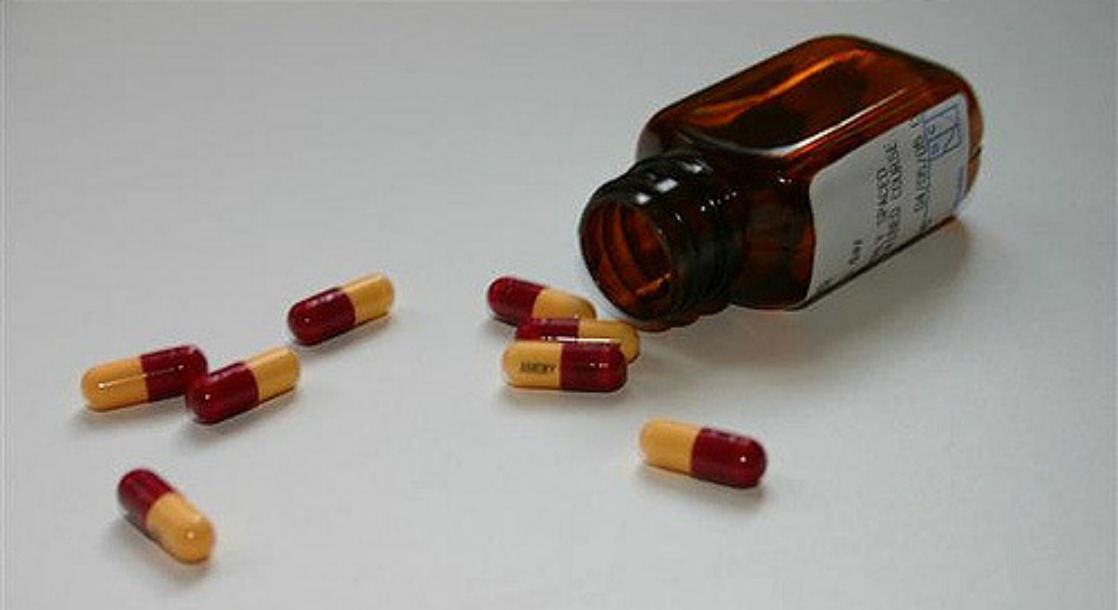Following a two-year wait, pharmaceutical company Insys has been awarded Schedule II approval by the DEA for their synthetic-cannabis pill, Syndros. The THC pill will now be used to help cancer patients battle nausea and vomiting as a result of chemotherapy.
But while the pharmaceutical industry celebrates the DEA sponsored breakthrough in their ability to profit off of THC, cannabis industry insiders aren’t quite as hyped. Kevin Gallagher, director of compliance in government affairs at Colorado extract company Craft Concentrates and a board member of the Cannabis Business Alliance, had harsh words for Insys and their foray into THC.
"It doesn't really surprise me…. It's typical big pharma," Gallagher told reporters from Westword. "This pharmaceutical company also produces fentanyl. You can see where that company lies. They don't care at all about cannabis, right? This drug isn't even derived from cannabis; it's derived from dronabinol. It just seems like they're trying to compete to make a more concentrated form, so they don't want Arizona and other [states] to have legal cannabis because they don't want to compete with real cannabis. They just want patients to take their drug that was cooked up in a lab that has nothing to do with cannabis.”
Also frustrated with the DEA’s scheduling decision, Tom Angell, founder of the Marijuana Majority, used his daily newsletter to point out that Insys donated half a million dollars to help kill this past November’s recreational marijuana proposition in the pharmaceutical company’s home-state of Arizona.
For Gallagher, who has worked in Colorado’s cannabis industry for years and spent time budtending, the idea that a THC-pill is better suited to treat cancer patients than the myriad of options available at a Colorado dispensary is ludicrous.
"When I was working [at a dispensary], I got to see a lot of cancer patients. These cancer patients really loved getting a mixture of CBD and THC — they would smoke it for immediate relief but take various edibles, tinctures, what have you, to really get their body feeling well," Gallagher told Westword. "You get that body high. You get that body release. You get that pain relief. In my experience, with cancer patients, they would come in, and some would be in for the first time. They couldn't keep anything down, they're going through chemotherapy, and they try cannabis for the first time. They come back a few days later and you can see there's a smile on their face for the first time in however many weeks or months. They can actually start eating again. The nausea is much less severe, so you can really see how it really changed their lives."
But with cannabis lingering as a Schedule I narcotic and an executive branch that seems hell-bent on letting it remain there, Insys and their big pharma peers are only getting started in their plans for a cannabis takeover. On the Insys website, a drug in development will use cannabidiol (CBD) to treat childhood epilepsy – something that is already being produced by medical marijuana entrepreneurs in legal states around the country. Thankfully, cannabis has one benefit that most pharmaceuticals don’t; you can grow your own.
For Gallagher, that’s a saving grace in the fight for a marijuana industry that still, y’know, uses real marijuana.
"They can just make a lot of these products at their homes," Gallagher said. "They don't need to go to a doctor or go to a pharmacy to get a prescription. They can truly make a lot of this at home….this is a completely unique substance that is so readily available, and it's so easy to take advantage of its healing nature, so it'll be very interesting to see how that plays out.”











